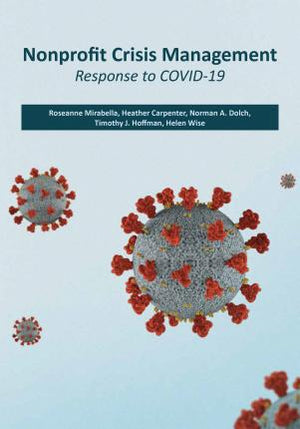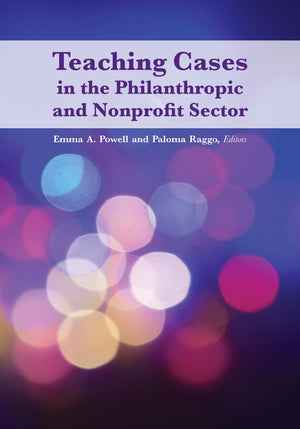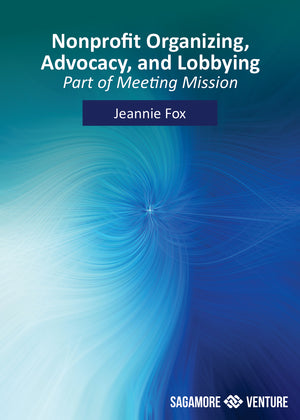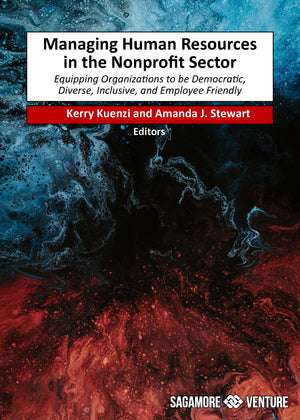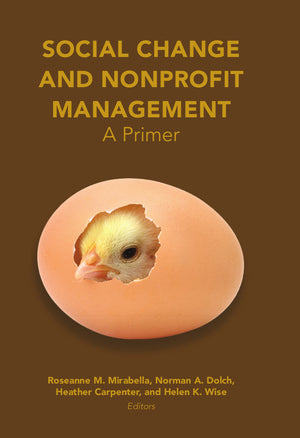Preface to the Nonprofit Series
In the late 1960s and early 1970s, many colleges and universities across the country changed from 18-week semesters to 15-week semesters. This shift brought about change in course content, course projects, and course writing assignments. The last 10 years have seen a similar shift, particularly in graduate online courses, from 15-week courses to seven or eight weeks. Our observation is that textbooks have not adapted to the most recent changes. While previous changes from 18 to 15 weeks eventually saw a reduction in chapters in many textbooks to fifteen, the Sagamore Publishing Nonprofit Series has been developed to meet the pedagogical needs of the new seven or eight week courses.
In seven- and eight-week courses, decisions have to be made about content. Instructional consultants have advised the editors that in developing these courses, decisions have to be made regarding what is vital for students to know. The content of each book in this series reflects this advice. Are these books useful in courses of longer duration? We believe so, as the content of the books in the series conveys the essential knowledge and skills on the topic of each book.
As the 21st century progresses, we are convinced that knowledge and skills are not enough for nonprofit professionals and key volunteer leaders. This is why each book has a critical thinking/critical theory component. Nonprofit leaders today need to carefully apply their knowledge and skills by thinking how actions will impact the organization, its personnel, its clients, and the community in general. This is not necessarily new or novel, but it is important to encourage potential leaders to be critical thinkers and to apply ways of understanding that will assist communities in solving pressing problems. Critical thinking is a key component of the conceptual leadership skills mentioned by leading researchers and writers in the leadership field.
For the nonprofit leaders of today, this book series tries to make them critical thinkers who use knowledge and skills to advance the common good. How does the proposed action make the organization better, improve its personnel, better help the clients, and make the community a better place to live? This is the issue of the nonprofit world that the Sagamore Nonprofit Series addresses
Editors: Norman A. Dolch, Roseanne M. Mirabella, Helen K. Wise and Heather Carpenter.

